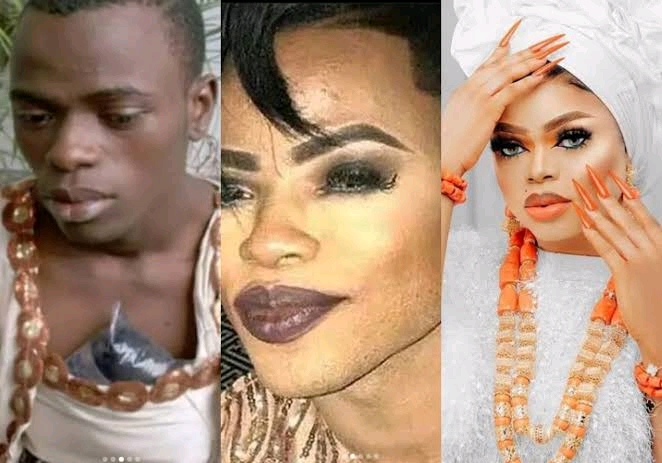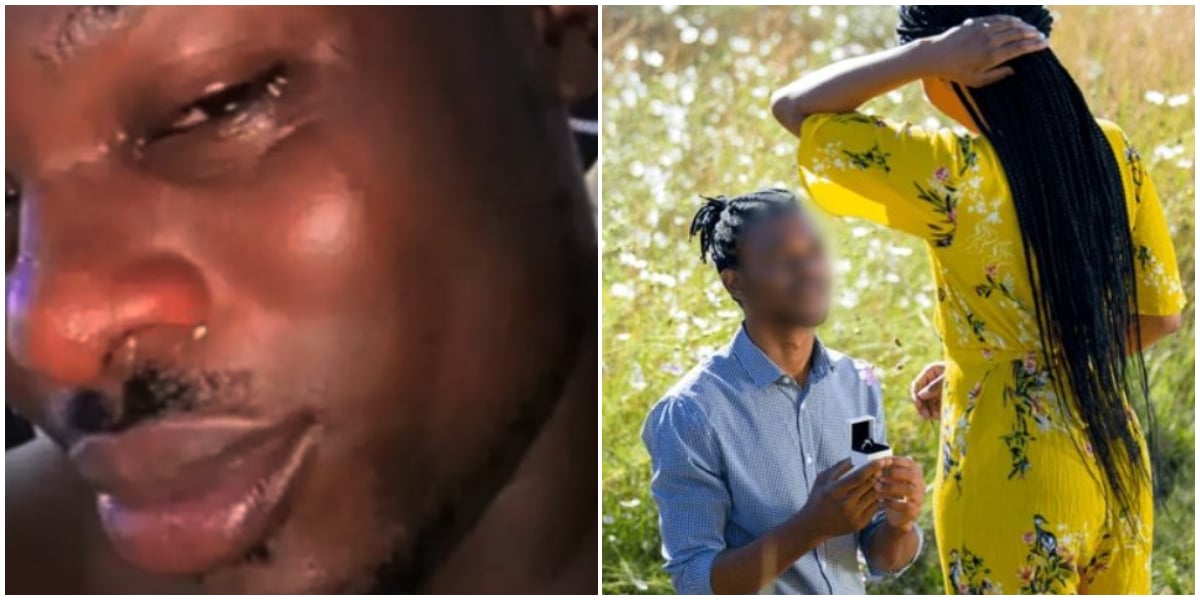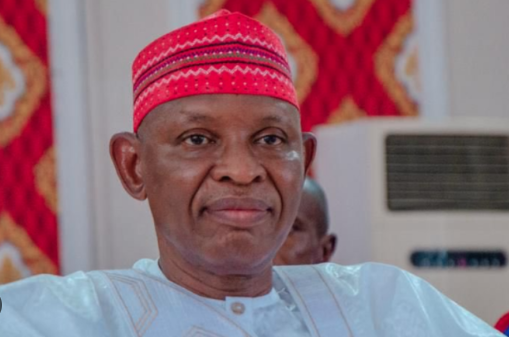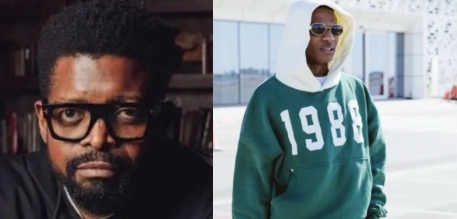A sacrificial lamb part 1, by Adewale Wali

Bobrisky: A sacrificial lamb part 1, by Adewale Wali
The apprehension of the divisive personality Idris Okuneye Olarenwaju, famously known as Bobrisky, by the Economic and Financial Crimes Commission (EFCC) has stirred discussions across various media platforms, including traditional and social media.
Referred to as Nigeria’s Boy George, Bobrisky is facing allegations of money laundering and unlawfully dispersing Naira notes, offenses that could result in a six-month imprisonment, although such prosecutions are rare. Despite admitting culpability and pleading ignorance of the law, his case has sparked intense debates and speculations.
As news of Bobrisky’s detention spreads rapidly, the underlying motives behind such a high-profile case cannot be overlooked. While some perceive it merely as a legal issue, others see it as an opportunity to address deeper societal concerns.
Bobrisky’s rise to prominence has generated both fascination and criticism as he boldly challenges conventional gender norms. Amassing a substantial following, particularly among the youth in Nigeria, his flamboyant lifestyle and controversial statements have made him a focal point of discussion. Since gaining recognition in 2016, Bobrisky has been celebrated as a social media influencer, internet sensation, beauty therapist, entrepreneur, and LGBTQ activist, documenting his transition across various platforms.
Through his online presence, the self-proclaimed “Ose-bhaddest” promotes fashion and beauty products, including skin-whitening creams, makeup, hair weaves, and accessories.
However, concerns arise regarding his influence on impressionable youths, his endorsement of immorality, unabashed flaunting of wealth and luxury has inspired imitators like James Brown, Buchi Alexandra, Onyx Godwin, Bryan Nwakoro, Tobi the Creator, perpetuating a culture that prioritises materialism over ethical values, thus contributing to societal decay.
Even more troubling are allegations linking Bobrisky to influential individuals within Nigerian society. Reports of political figures, business tycoons, and celebrities being associated with him raise doubts about the integrity of those in positions of power.
At the core of Bobrisky’s arrest lies a broader discourse on societal norms and ethics. In a nation where traditional values often clash with rapidly changing social dynamics, his case epitomizes larger tensions. Questions about the acceptance of diverse lifestyles, the impact of celebrity influence, and the prevalence of corruption among the elite come to the forefront.
Irrespective of personal opinions regarding Bobrisky, it is evident that his apprehension signifies more than the downfall of a controversial personality. It presents an opportunity for introspection and contemplation as a society. How we choose to address this moment will shape the future trajectory of Nigeria and its cultural fabric.
READ ALSO: Bobrisky convicted as court fixes date for his sentencing
In Part 2 of this series, we will delve deeper into the repercussions of Bobrisky’s arrest and examine its broader implications for Nigerian society. Stay tuned as we unravel the complexities surrounding this polarizing figure.
Adewale Wali, an Associate Member of International News Media Associations (INMA), Dallas, Texas. Member, International Society for Development and Sustainability (ISDS), Japan.





